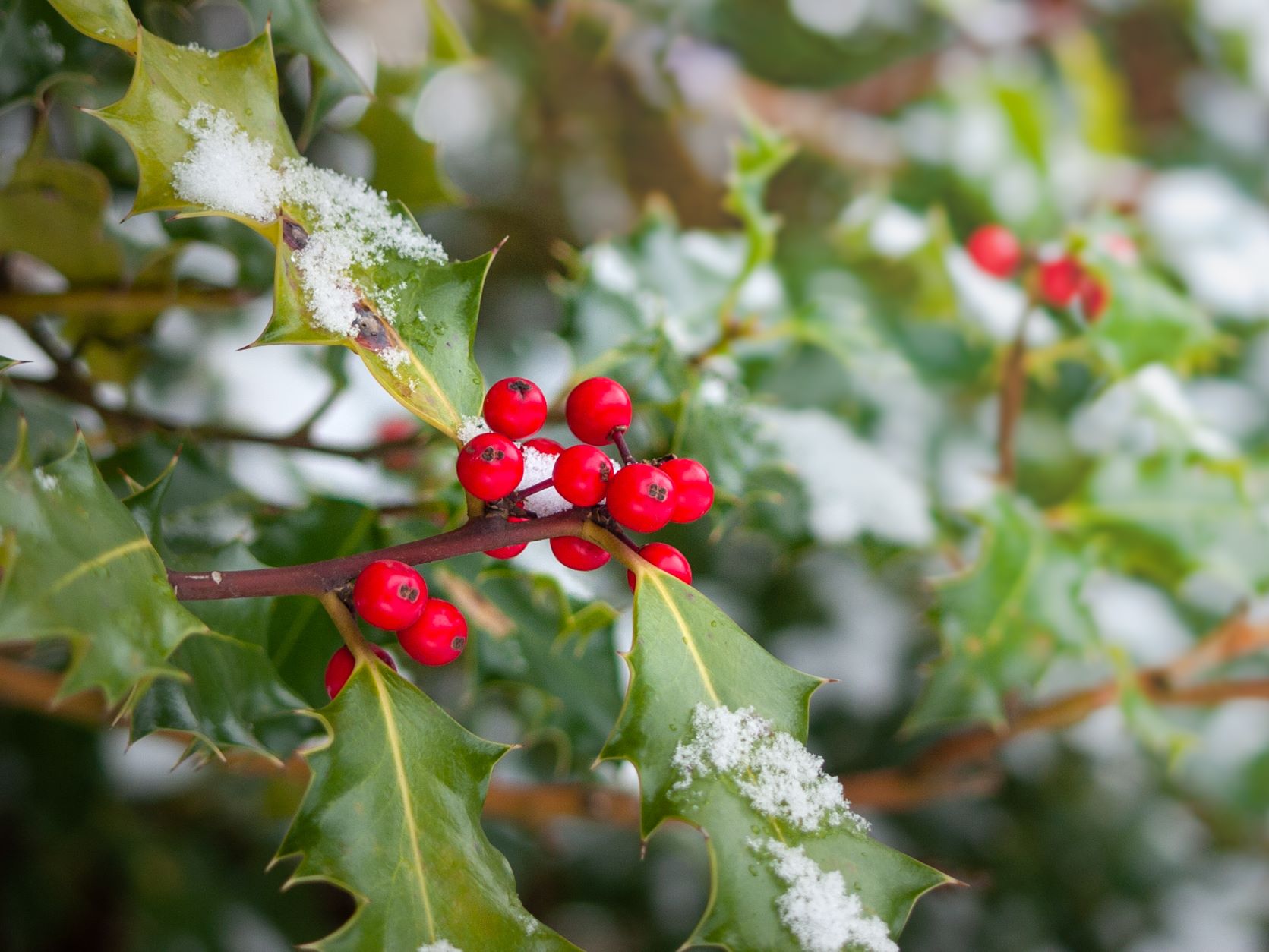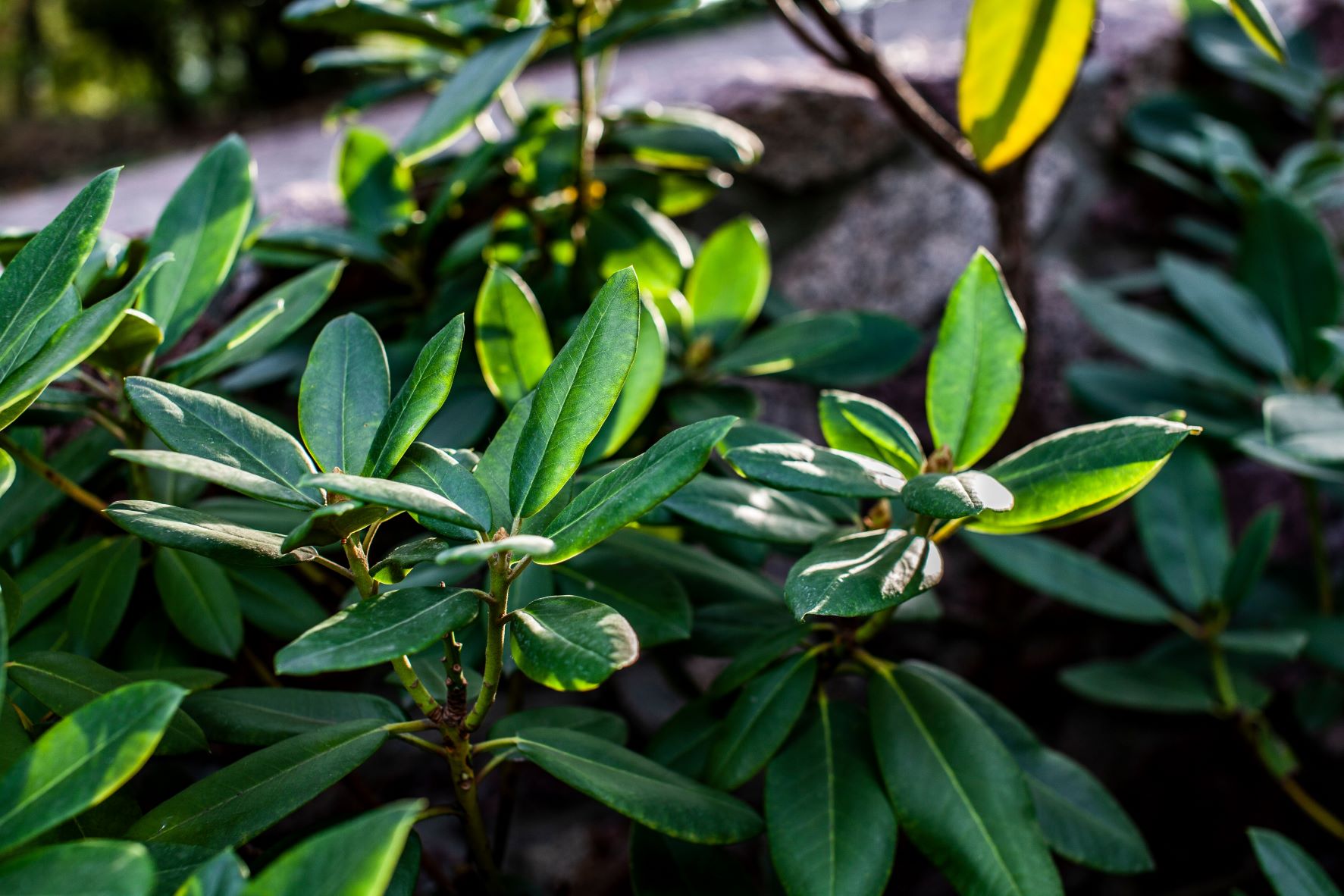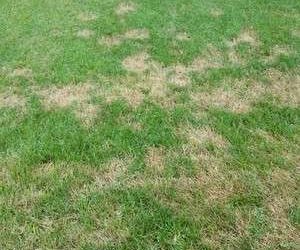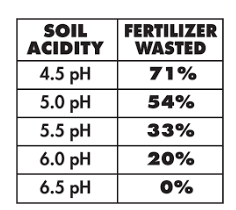In Part I, we shared the reasons why you need to consider winterizing your trees and shrubs. In this post, we’ll talk about what can you do to protect your investment and help your landscape thrive come next spring.
Some things to consider ahead of winterizing your trees and shrubs:
- If your plants aren’t healthy to start with, the winter months will wreak havoc on them. Plants that struggled during the growing season will be at a much higher risk of dying off during the winter months than strong, healthy plants. Helping your plants enter the winter season as healthy and strong as possible is vitally important.
- Deciduous shrubs and trees (those that loose their leaves in the fall) are designed to withstand winter and may not need any extra protection as long as they are established and mature. If, however, they are newly planted, they absolutely need some extra attention to enter spring ready to thrive.
- While established broadleaf evergreens, such as rhododendrons, will likely survive the season, they are much more susceptible to damage than deciduous plants as they never go entirely dormant! And newly established plants, whether deciduous or evergreen, need special attention to survive the harsh conditions winter brings.
Help ensure your trees and shrubs thrive rather than simply survive!
- Make sure you water trees & shrubs throughout the fall until the ground freezes. As the weather turns colder, we tend to forget to water our plants. Think of watering until the ground freezes as keeping your plants from going to bed thirsty. We often get enough rain in our area in autumn that watering late in the season isn’t absolutely necessary, but if precipitation is scarce, a good watering before the ground freezes isn’t a bad idea. This is especially true for shrubs planted that same year. When watering, make sure the water penetrates 12″” to 18″” deep to reach the root zone.
- Spread 4 inches of bark mulch or ground-up leaves around the base of shrubs and trees to insulate the ground. Moving out from the base, apply a 2-3” thick layer of mulch or ground-up leaves to the entire root zone of the plant. While mulching is beneficial year-round, it’s especially helpful in the winter as mulch insulates the roots and helps conserve moisture even in hard, frozen soil.
- Mulching also helps control rapid temperature changes which are incredibly stressful to plants. Even if there isn’t a huge fluctuation of air temperatures, plants with lots of exposure to direct sunlight warm up significantly during the day only to rapidly lose heat once the sun goes down. Add to that the actual fluctuation in temperatures we typically experience over the winter months and the ensuing disturbance to the root systems of you plants, and you begin to see why insulating your investment is worthwhile.
- Broadleaf evergreen trees and shrubs (e.g. rhododendrons, hollies, boxwoods etc.) hold onto their foliage year-round and winter winds wick moisture out of their leaves. Once the ground is frozen, plants can’t replace the water they lose. As a result, the leaves turn brown; this is called desiccation. Starting in November, spray an anti-desiccant (seals plant so it does not aspirate) onto the leaves – top and bottom – monthly to create a vapor barrier that slows the loss of water from the leaves. Be careful not to spray anti-desiccant on days when temperatures dip below 40 degrees.
- To protect shrubs from snow damage, tie up branches with jute twine.
- For new plantings, wrap the shrub in burlap and tie with twine for protection from both wind and snow.
- Prune as needed but resist pruning after midsummer. Pruning stimulates tender, new growth and delays dormancy.
- Deep root fertilize up until the ground freezes. While the growth above ground is dormant, the focus is on the growth and strengthening of the roots. The results are a much healthier and vibrant plant. Conversely, stop surface fertilizing six weeks before you expect the first frost to help plants harden off properly.



Next Steps
While a dedicated DIYer can do most everything on this list with some time and effort, calling in the professionals at ProLawn is a wonderful option. Let us give you a quote for Winterizing services by calling 800.776.5296 or requesting a quote at https://prolawn.com/free-estimate/ today!



